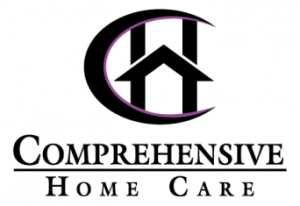Living with Multiple Sclerosis in the Summertime
Summertime can be a difficult time for people living with Multiple Sclerosis. This is due to the fact that an increase in body temperatures causes MS symptoms to worsen. Such symptoms include weak legs, fatigue, impaired vision, and cognitive issues. However, certain preventative measures can be taken to keep cool and enjoy the summertime.
Tips for living with Multiple Sclerosis in the summertime include:
Stay hydrated. While this tip may seem essential for everyone during the summertime, it’s especially essential for those living with MS to drink plenty of water.
Dress cool. Wear light-colored, lightweight, and loose fitting clothes that will keep the body temperature from rising.
Avoid overexposure to sunlight. While avoiding the outdoors completely may be difficult, staying in the air conditioning or in the shade when the temperatures are too high is best.
Take a cool bath. If you feel overheated take a cool bath to help lower your body temperature and prevent your symptoms from worsening.
Take advantage of cooling products. Cooling vests, neck wraps, headbands, and wristbands are extremely useful. The MSAA Cooling Program offers these types of products.
Exercises. Replace outdoor exercises with indoor ones such as pool exercises. Or exercise outside in the morning and evening when the temperature is the lowest.
Comprehensive Home Care is here to help! For more information regarding Multiple Sclerosis, and to learn about the services we provide contact us here or by calling 704-333-5214.
